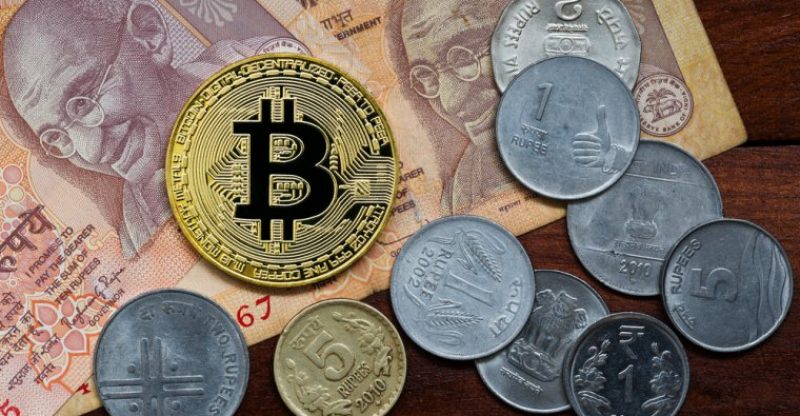Local Crypto Exchanges Are Avoid India’s Recent Bitcoin Ban
Coindelta co-founder Shubham Yadav stated that cryptocurrency exchanges in India have stopped operating fiat-to-crypto trades and are now focusing on crypto-to-crypto trading.
Back in April, it was reported that the Reserve Bank of India, the country’s central bank, initially released a ban on cryptocurrency trading, successfully stopping local banks from offering banking services to crypto exchanges. The Supreme Court of India, on July 3 failed to lift RBI’s cryptocurrency trading bans, confirming that banks can no longer deal with cryptocurrency exchanges in the country.
Even though the Supreme Court of India is expected to hold a hearing to deliberate the case of the cryptocurrency industry against the RBI’s ban, until the court formally reverses the prior cryptocurrency trading ban, local exchanges are not allowed to deal in fait-to-crypto trades.
During an interview with Quartz Yadav, the founder of a local cryptocurrency trading platform Coindelta, he noted that local exchanges have shifted their business models from fiat-to-cryptocurrency trades to crypto-only trades, and are presently contending against leading exchanges such as Binance.
As a result, for investors in India to trade cryptocurrencies, they need to depend on peer-to-peer platforms such as LocalBitcoins to purchase bitcoin first and then trade other cryptocurrencies on crypto-only exchanges.
Yadav showed his concerns over the need to rely on peer-to-peer marketplaces and the risk of using such platforms that have unidentified investors and individuals.
Yadav noted, “Earlier, a lot of these transactions were taken offline and completed, which led to a possibility of being robbed. Or even when it was online, you didn’t know who you were dealing with and there were chances that the deal could go awry.”
As a matter of fact, without having support for the Indian currency, local investors have not the intention or drive to use exchanges in the country against major platforms including Binance, Bittrex, and Huobi. At first, exchanges in India served the local market and process fiat-to-crypto trades. Shortly after, local exchanges were asked to move their businesses to rival with multi-billion dollar platforms with great profits, influence, resources, and capital.
Praveen Kumar, the CEO of Malaysian cryptocurrency exchange Belfrics that have operations in India, noted that without fiat trading pains, the cryptocurrency industry in India will find it difficult to stand on its feet, lagging behind competing markets that currency impose practical regulatory frameworks and policies to enable the development of local crypto and blockchain businesses.
“There are measures that we are taking in the meantime, but for the industry to survive and thrive, fiat transactions need to be allowed. Else, we end up competing with all the other global exchanges that also offer crypto-to-crypto or P2P trade,” Kumar said.





